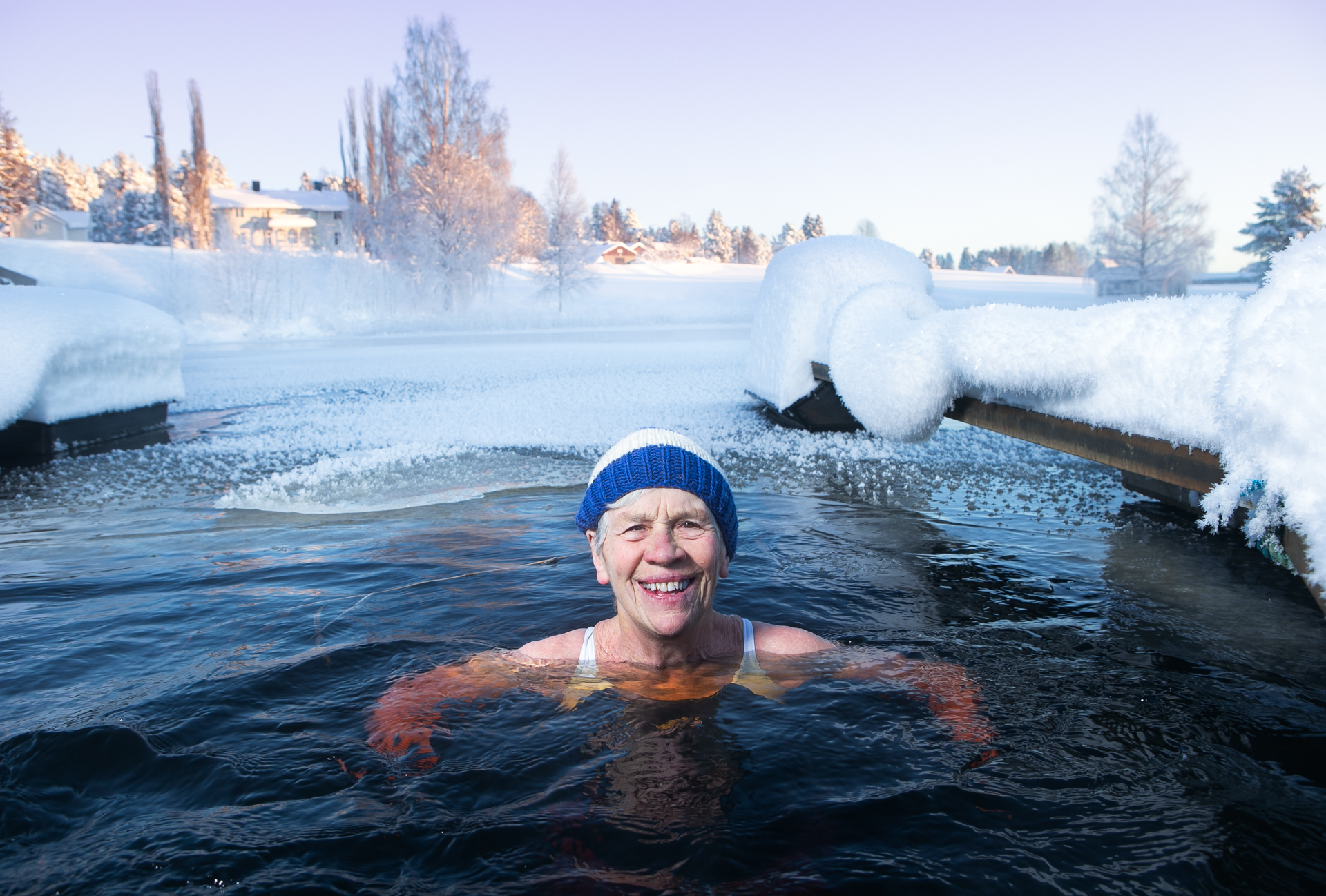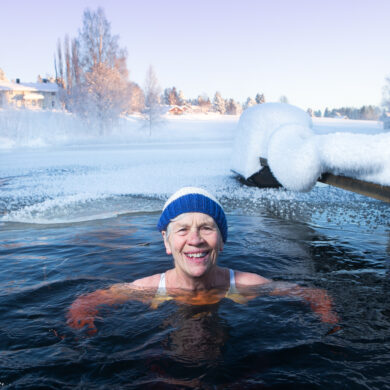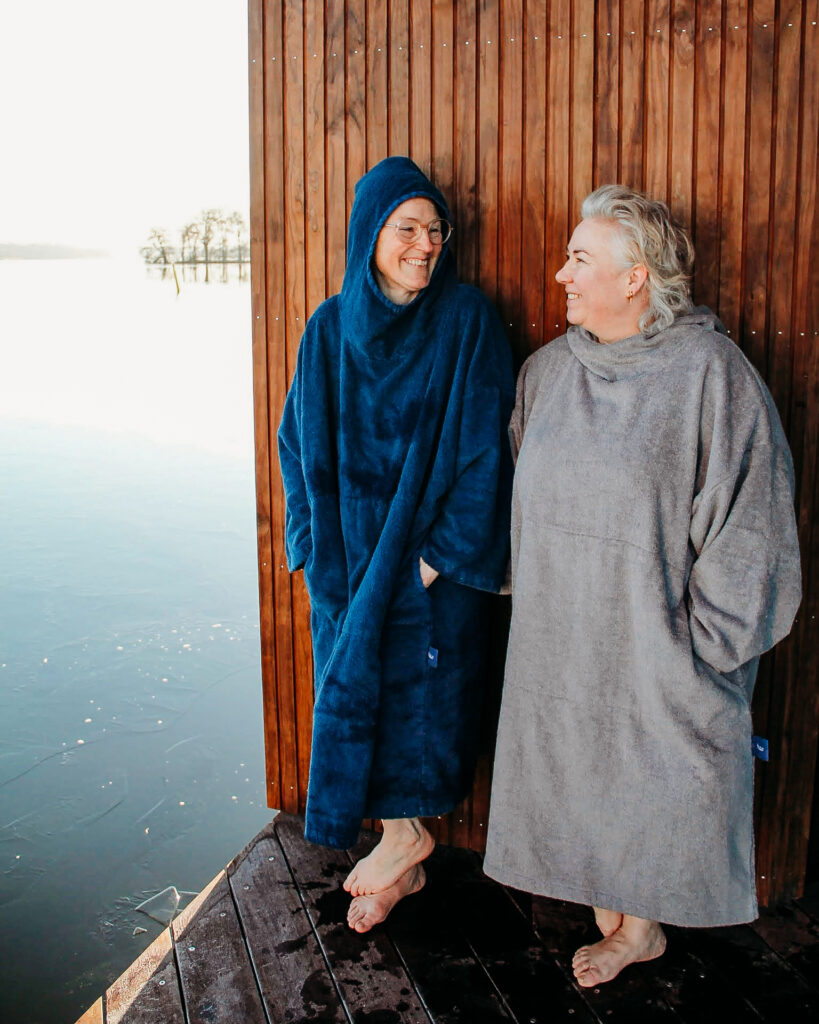Iona McLeman-Hägglund is one of the longest-standing British residents of Sweden, having been here since 1969. The Scot is also renowned for her ice swimming and recommends a weekly dip. She loves Norrland but her life here in the early days was from far from idyllic, as she tells Paul Connolly. Photographs by Donna Richmond.
PC: How did you end up in Burträsk?
IM: What do you think? A man! I was working in Aberdeen in Scotland as a nurse in a progressive hospital. I loved the work but the sister in charge was awful. She was one of these really old-fashioned dreadful women. And I just couldn’t bear it. So, in 1969, I got a job teaching English in Västerås. And that was where I met Ulf. And we hit it off. Then he went off to work in Tanzania. And I thought that’s the guy I want. So I stayed in Sweden, and got a job in Umeå looking after kids. I learnt Swedish in three months. Well, I’m very talkative, nosy and very inquisitive. And working with kids is a very good way of learning Swedish. Anyway, I earned enough money and headed off to Tanzania to be with Ulf. And it worked. We came back to Burträsk to get married in 1971 – there were a grand total of eight people at the wedding. But we stayed out working in Tanzania until we had our first child, Andy, in 1973.
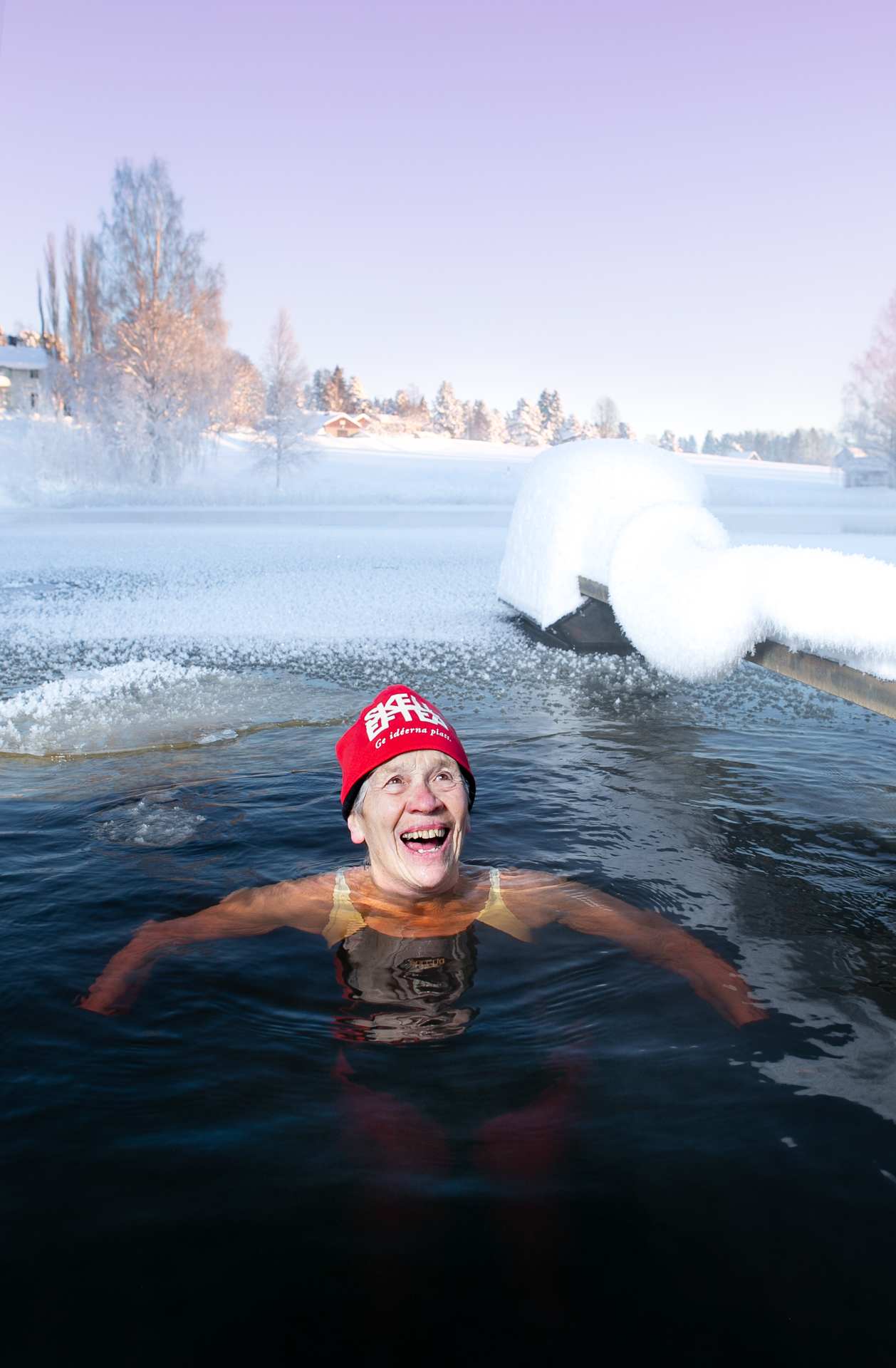
PC: Did you move ‘back’ to Sweden then?
IM: Yes, we moved to a wee cottage in a tiny hamlet a few kilometers outside Burträsk. It was hellish at first. There was no running water and nobody spoke to me because I was a stranger. We had such a great social life in Tanzania, but then we moved to this little village and there was nobody to speak to.
I had one child and one on the go and my husband worked all the time on his milk round.
So I was stuck in this tiny house with a child and pregnant with another and I had to carry wood and water and clear the snow. The things we women do for love!
PC: How long were you there?
IM: Luckily only eight months. In 1974 we moved to Burträsk where most of Ulf’s family lived, so I had a little better social life. And the house had running water! Although it was only cold water. You can have too much luxury in life, you know! But life was better. I got on well with Ulf’s family, especially his mum. His dad was a strong character who not many stood up too – but I did!
PC: Did you go back to nursing?
IM: When Ulf went to university to become a teacher, I decided to become a Swedish registered nurse. But it took a ridiculous 17 months! I then worked at a nursing home, which was just dreadful. They treated the old people there so badly. The old people were just treated like things. But I became involved in a project to rethink this terrible, dated approach. I was trained at a very good London hospital, the Middlesex, and I wanted to follow their methods which put the needs of the patients first, not the staff. Sounds crazy that it was once the other way round!
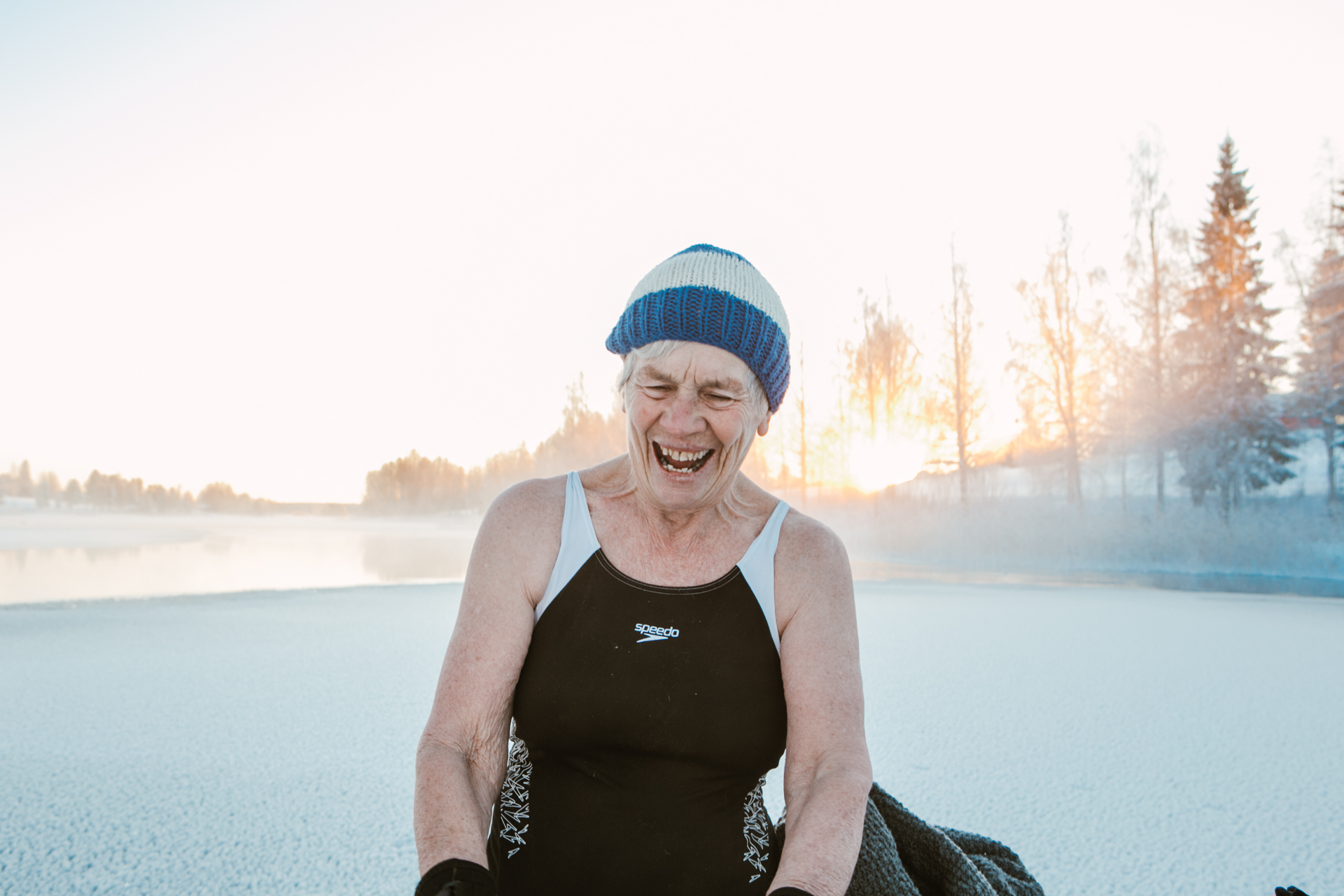
IM: Absolutely. It felt very good. But I wasn’t universally loved because of it. Some people loved my approach but others hated it. It wasn’t a very Swedish approach. People tend to love or hate me! I’ve always been straightforward. I say what I mean. Some people thought it was awful. But all I did was ask the staff how they thought we should change things. Many of them just said, “But that’s your job.” They didn’t want to change.
PC: How has Burträsk changed since the 1970s?
IM: The obvious thing is that we have many more immigrants now. At first the racism for people of a different color was pretty bad.
One of the first black people who arrived in the 1990s was a chap called Mengesha.
He worked with me at the care home. Some of the old men used to say the most awful racist things about him.
But Mengesha was so kind and lovely that the racism only lasted a few weeks. They ended up fighting over who Mengesha would look after.
They all wanted him! He was a pioneer for newcomers with a different colored skin. He paved the way for everyone else. And he’s still around and everyone still loves him.
PC: What advice do you have for newcomers?
IM: Join a sports club, or a choir, or a society or whatever you need to do to meet locals. Become part of the society as quickly as you can. Go to loppis (yard sales or jumble sales) or auctions. Or marry someone from Burträsk!
PC: And, finally, do you have any tips for newcomers who want to try ice swimming?
IM: Get to know someone who does it. I’ve always swam, ever since I was a kid. The ice doesn’t bother me. It comes naturally to me. But if you’re not like me, hang out with some ice swimmers. Get to know them and find out what they do to prepare for a swim. Ask them questions and follow their advice. And then take the plunge!
READER COMPETITION
Havaarhus.com are offering two Norrland Living readers the chance to win a Havkåbe sea robe.
These 100% soft, terry cotton robes come in 4 colours; sand, navy, grey and brown (earth). These robes are perfect to keep you warm after your winter swim, or just to snuggle up on the sofa in.
HOW TO ENTER:
Like both our pages on Instagram: Norrlandlivingmagazine and Havaarhus then visit www.havaarhus.com and click on their English tab. Entrants should answer this question:
Which Danish city do the co-founders Marina and Mette (pictured above) live close to?
Send your answer by email with ROBE COMPETITION in the subject line to:
Last entry date is 24th February 2023. Winners will be selected at random and informed by email and social media on 28th February 2023.
GOOD LUCK!
